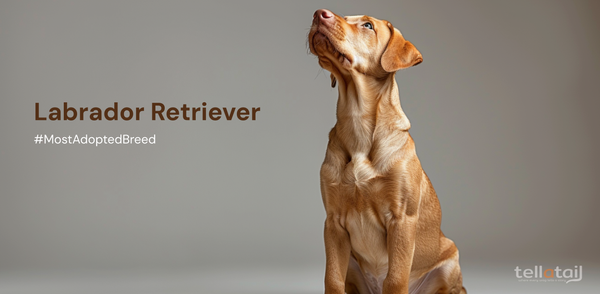Protecting Your Equine Companion: A Comprehensive Guide to Choosing the Right Pet Insurance for Your Horse

Horses are majestic creatures that bring joy and companionship to millions of people worldwide. However, owning a horse can come with significant expenses, particularly when it comes to veterinary care. That's why having the right pet insurance for your horse is crucial to ensuring their financial security and providing peace of mind for you as their owner. In this comprehensive guide, we'll explore everything you need to know about choosing the right pet insurance for your horse, from understanding the different types of coverage to evaluating providers and considering costs and exclusions.
Understanding the Different Types of Coverage
When it comes to pet insurance for horses, there are three main types of coverage to consider: major medical, minor medical, and dental. Major medical policies cover accidents and illnesses that result in emergency veterinary care, while minor medical policies cover routine veterinary care such as vaccinations and check-ups. Dental coverage is also available for horses who require frequent dental care.
It's important to choose the right type of coverage based on your horse's individual needs. If your horse is prone to accidents or illnesses, a major medical policy may be the best choice. On the other hand, if your horse only requires routine veterinary care, a minor medical policy may suffice. And if your horse needs frequent dental care, a dental policy may be worth considering.
Evaluating Providers
Once you know what type of coverage you need, it's time to start researching providers. There are many pet insurance companies that offer coverage for horses, but not all of them are created equal. To find the best provider for your horse, consider the following factors:
- Reputation: Look for a reputable provider with a proven track record of delivering excellent customer service and handling claims efficiently. Check online reviews and ratings from other horse owners to get a sense of what to expect.
- Coverage: Make sure the provider offers the type of coverage you need, whether it's major medical, minor medical, or dental. Also, look for any additional benefits or discounts that may be available.
- Premiums: Compare prices from multiple providers to find the most affordable option without sacrificing coverage. Keep in mind that lower premiums may mean higher deductibles or co-payments.
- Deductibles and Limits: Understand the deductible amount and any limits on coverage to ensure you're fully protected. A low deductible means you'll pay less out-of-pocket, but a higher premium may be required. Similarly, higher limits on coverage may mean higher premiums but greater protection.
Considerations for Cost
While cost is certainly an important consideration when choosing pet insurance for your horse, it's important to balance affordability with adequate coverage. Here are some things to keep in mind when evaluating costs:
- Deductibles: As mentioned earlier, deductibles can vary widely depending on the provider and type of coverage. Consider how much you're willing to pay out-of-pocket before the insurance kicks in.
- Premiums: Premiums are the monthly or annual payments you make to maintain coverage. Compare prices from multiple providers to find the most affordable option without sacrificing coverage.
- Co-Payments: Co-payments are the portion of the bill that you're responsible for paying after the deductible has been met. Some providers may require co-payments for certain procedures or treatments.
Exclusions and Limitations
Finally, it's important to understand the exclusions and limitations of your chosen pet insurance plan. Every policy has its own set of rules and restrictions, so be sure to read the fine print carefully. Common exclusions and limitations include pre-existing conditions, certain breeds or ages, and specific procedures or treatments.
Conclusion
Protecting your equine companion's financial security is essential to ensuring their well-being and happiness. By understanding the different types of pet insurance coverage available, evaluating providers, considering costs and exclusions, and making informed decisions, you can provide the best possible care for your horse while also protecting yourself financially. Remember, choosing the right pet insurance for your horse is a long-term investment that will benefit both you and your beloved animal companion for years to come.
#horseinsurance #equinenutrition #vetbills #financialsecurity #animalwelfare




